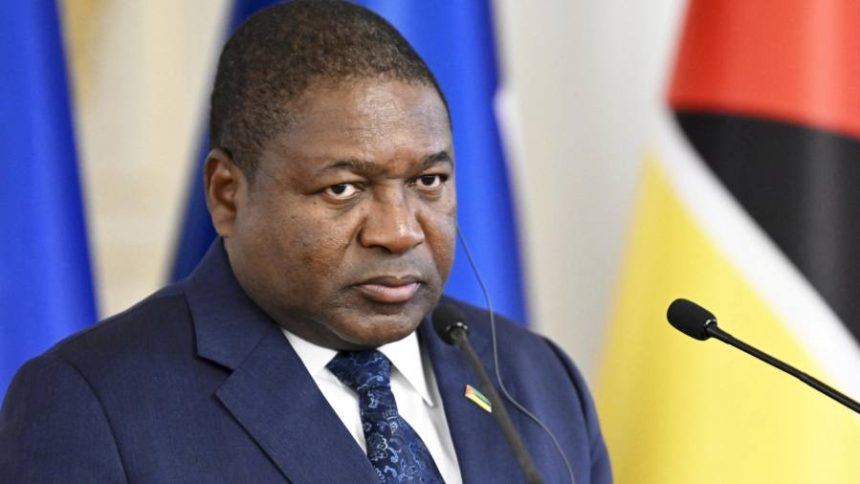Receive free Credit Suisse Group AG updates
We’ll send you a myFT Daily Digest email rounding up the latest Credit Suisse Group AG news every morning.
Mozambique’s president cannot be sued in London as part of a High Court lawsuit brought by the African country against Credit Suisse and other parties over the long-running $2bn “tuna bonds” scandal, a judge has ruled.
Credit Suisse and other parties are defending a complex lawsuit brought by Mozambique, one of the world’s poorest countries, over their alleged role in arranging $2bn of loans and bond issues for the country in 2013. Mozambique claimed at the time the debt would fund projects including a state tuna fishery.
The scale of the debt was concealed until 2016 from international donors and the IMF. International lenders cut support to the country after the borrowings’ size was discovered.
The legal case has dogged Credit Suisse for almost a decade and is one of the main outstanding issues facing new owner UBS as it integrates its former rival, bought in a rescue takeover in March. A high-profile civil trial of the “tuna bonds” case will start next month and the defendants deny the case against them.
In the latest ruling on Monday, a judge dismissed attempts by a number of the defendants to join Mozambique’s president Filipe Nyusi as a party to the lawsuit after they argued that he should contribute to any damages if Mozambique won the case.
Nyusi’s lawyers had claimed to the High Court that he should not be brought into the court case because he had immunity from the English courts as a serving head of state.
On Monday, Mr Justice Robin Knowles ruled in favour of Nyusi. He found that the president was entitled to raise the immunity challenge and he had “immunity from the jurisdiction of this court” whilst he was head of state of the republic.
Simon Bushell, partner at Seladore Legal, the law firm representing President Nyusi, said on Monday that the decision was a “welcome and important clarification”.
The main civil trial is due to last 13 weeks later in 2023. Credit Suisse failed to strike out the case earlier this year after it alleged the proceedings were unfair because of Mozambique’s failures to disclose government documents. Mozambique argued the trial should go ahead and said there had been “strenuous efforts” to obtain documents.
The High Court ruled in July the case should go ahead and said it “was not just, proportionate or necessary” to strike out Mozambique’s case.
The “tuna bonds” scandal continues to generate controversy. In July, South Africa agreed to extradite Manuel Chang, Mozambique’s former finance minister, to the US, where he faces trial on US fraud charges over the scandal.
In 2021, Credit Suisse agreed to pay $475mn in fines and forgive $200mn of debt owed by Mozambique in a series of co-ordinated settlements with regulators in the US, UK and Switzerland over its role in the affair.
Read the full article here




